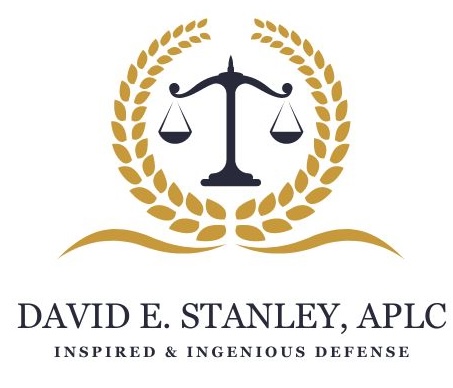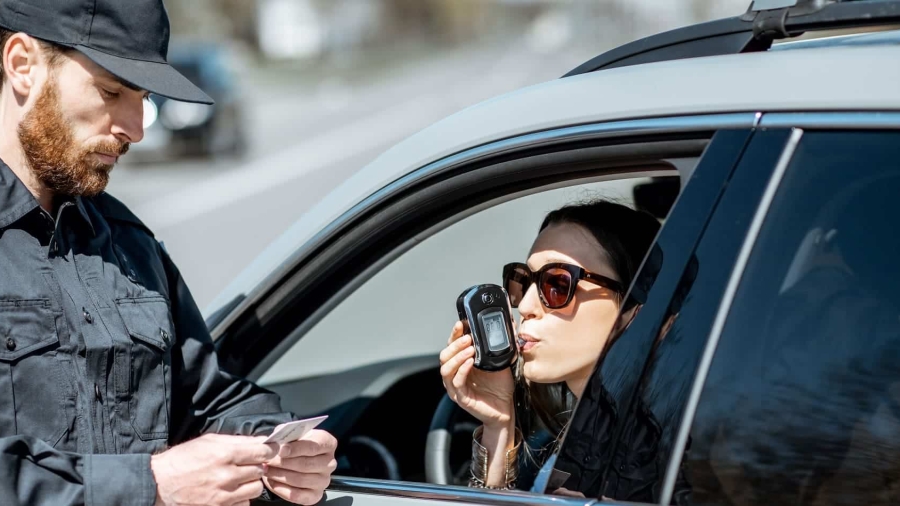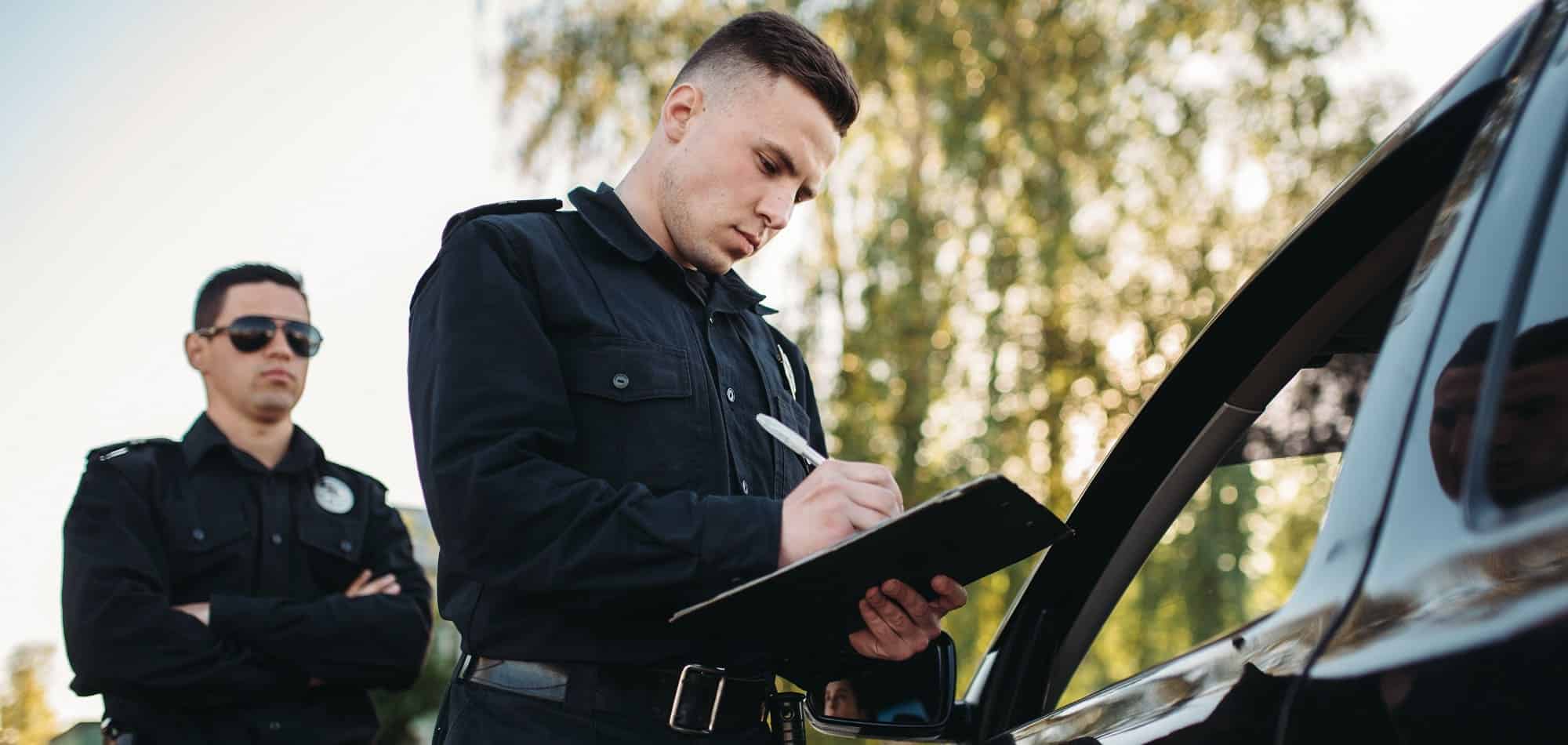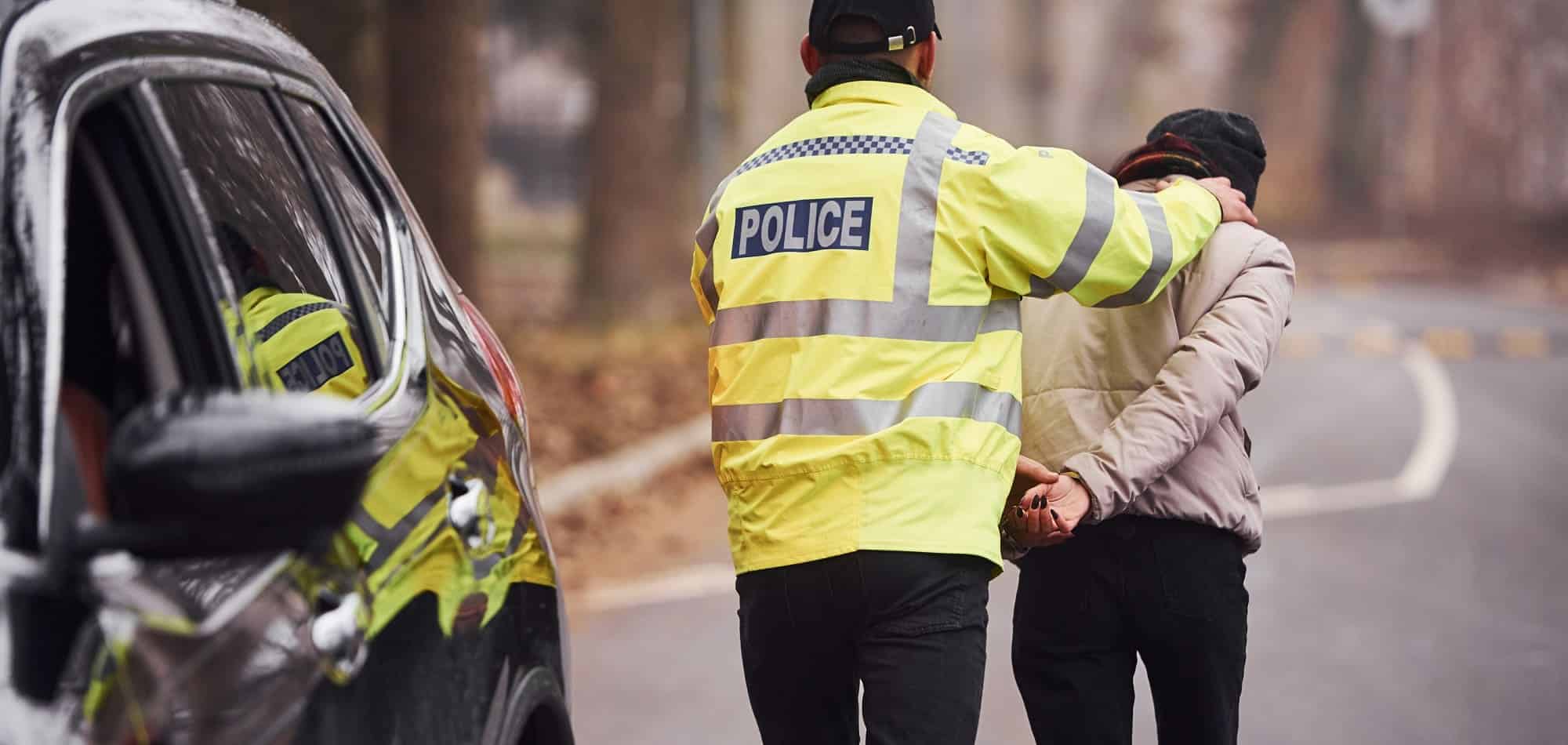In Louisiana, a person is guilty of armed robbery if they possess or use a deadly weapon while forcibly stealing property or immediately fleeing the scene of the theft. Armed robbery falls under the broader category of first-degree robbery, which is a class B felony and carries a maximum 25-year prison sentence. While these charges are severe, our experienced Baton Rouge criminal defense attorneys are prepared to help you understand and defend against them.
These are examples of “deadly weapons:”
Switchblades, daggers, blackjacks, plastic or metal knuckles, any type of gravity, pilum ballistic, metal knuckle knife; loaded weapons from which a shot can cause serious injury or death.
The use of a deadly weapon during a robbery imposes a mandatory minimum of five years in state prison upon conviction. Because the charges and potential sentence upon conviction are severe, contact our experienced Baton Rouge criminal defense attorneys immediately for assistance in obtaining the best possible outcome for your case.
Keep in mind that no actual injury must occur during the robbery for these charges to be brought; it is sufficient that the robber possesses one of the above-mentioned weapons. Even if the weapon was never used, for example, if the robber held an unsheathed switchblade but never used it for anything, not even to threaten anyone, they could still be charged with armed robbery. Note that even if no weapon was used during the robbery itself, a person can still be charged with armed robbery if they are armed or become armed as they leave the area where the robbery took place.
However, you still have options if you have been charged with attempted robbery. Our team of experienced criminal defense attorneys may be able to apply certain defenses to these charges, such as filing a motion to dismiss the charges or having the evidence suppressed, despite the gravity of the allegations. Additionally, the evidence must demonstrate that the weapon was present during or during the process of fleeing the crime scene.
Previous cases have demonstrated that the presence of a note suggesting or stating that the robber is armed is insufficient evidence to convict a person of armed robbery. In this argument, it is asserted that more extensive evidence of the existence of a weapon is required, such as a witness having seen the weapon or video or photographic evidence of the weapon’s existence during or after the robbery.
If you have been charged with armed robbery, contact our team of seasoned Baton Rouge criminal defense attorneys immediately to discuss possible defense strategies. Our team is prepared to collaborate with you to determine the optimal course of action for achieving the best possible outcome in your case.
Armed robbery is a serious offense that can result in significant prison time if convicted. If you have been charged with armed robbery, it is essential to hire an experienced criminal defense attorney who can protect your rights and fight for the best possible outcome in your case. David E. Stanley is a criminal justice attorney in Baton Rouge, Louisiana, who has extensive experience handling armed robbery cases. He will thoroughly investigate the facts of your case and work tirelessly to develop a strong defense strategy. Additionally, he will make sure that you understand all of your legal options so that you can make informed decisions about your case. Contact David E. Stanley today to schedule a consultation to discuss your case.
Mr. David Stanely was quick, focused and organized in representing me for a rather simple, local case but for which 1. I could not be present and 2. I had to take an action to defend myself. After another lawyer was incommunicado I am grateful to have found Mr. Stanley who got my case fully adjudicated. I highly reccommend Mr. Stanley.
Read more
My brother was facing complicated felony charges. A conviction or plea could have resulted in him being deported. We hired David Stanley to represent him. He is truly amazing and I highly recommend him to anyone facing complex or serious criminal charges. He really came through for my brother when he desperately need help.
Read more
Finest Lawyer in Louisiana!!! David Stanley, Esq. is the #1 Attorney for your case, PERIOD!!! Mr. Stanley is not only one of the best lawyers in the Louisiana, but also in the nation. Before retaining Mr. Stanley as my attorney, I had consulted with many other attorneys. It quickly became very apparent to me that David Stanley was the best attorney for my case. He has over 30+ years of experience and you will not be able to find a more powerful attorney for your legal matter. He has an extremely high level of experience, intelligence and character. Throughout each stage of my critical legal matter, Mr. Stanley approached every single step with the highest level of expertise and attention. He was able to execute the best legal strategy and ultimately, my criminal case was dismissed and resolved in a very swift manner. He was ALWAYS impeccably punctual, instantly responsive, and super reliable; He was always there for me when I had any concerns or questions. The Bottom Line: He will get you the best possible result. Contacting Mr. Stanley was one of the wisest decisions I have made in my life. I wholeheartedly recommend anyone in any urgent legal matter to see him immediately.
Read more
David is an honest, intelligent attorney who can be trusted with any need one may have legally. He is an excellent advisor and follows through on his promises. I would and have recommended him.
Read more












